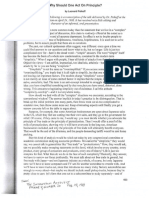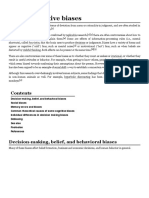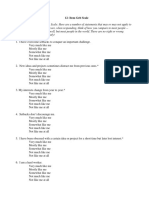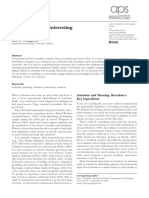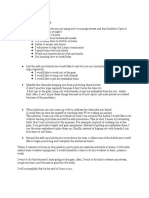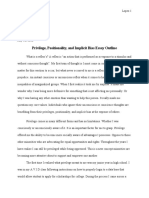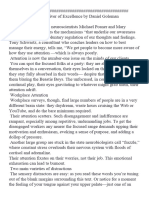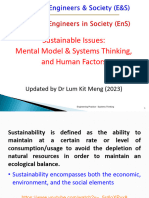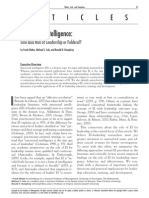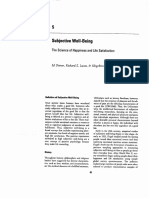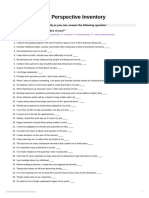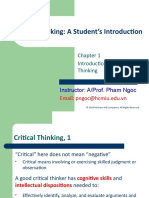0% found this document useful (0 votes)
85 views3 pagesZTPIKey
The Zimbardo Time Perspective Inventory (ZTPI) assesses five factors of time perspective: Past Negative, Present Hedonistic, Future, Past Positive, and Present Fatalistic, explaining 36.0% of the variance in responses from a sample of 606 participants. Scoring involves reverse coding certain items and calculating average scores for each factor based on specified items. The document includes detailed scoring instructions, psychometric properties, and factor loadings for each item.
Uploaded by
sushidushimushiCopyright
© © All Rights Reserved
We take content rights seriously. If you suspect this is your content, claim it here.
Available Formats
Download as DOC, PDF, TXT or read online on Scribd
0% found this document useful (0 votes)
85 views3 pagesZTPIKey
The Zimbardo Time Perspective Inventory (ZTPI) assesses five factors of time perspective: Past Negative, Present Hedonistic, Future, Past Positive, and Present Fatalistic, explaining 36.0% of the variance in responses from a sample of 606 participants. Scoring involves reverse coding certain items and calculating average scores for each factor based on specified items. The document includes detailed scoring instructions, psychometric properties, and factor loadings for each item.
Uploaded by
sushidushimushiCopyright
© © All Rights Reserved
We take content rights seriously. If you suspect this is your content, claim it here.
Available Formats
Download as DOC, PDF, TXT or read online on Scribd
/ 3
